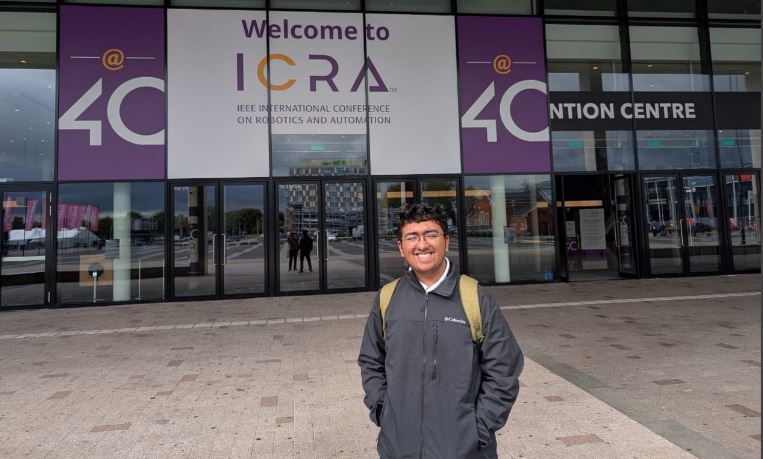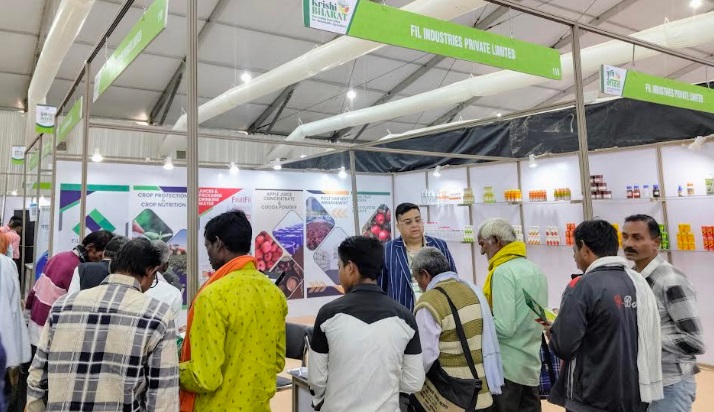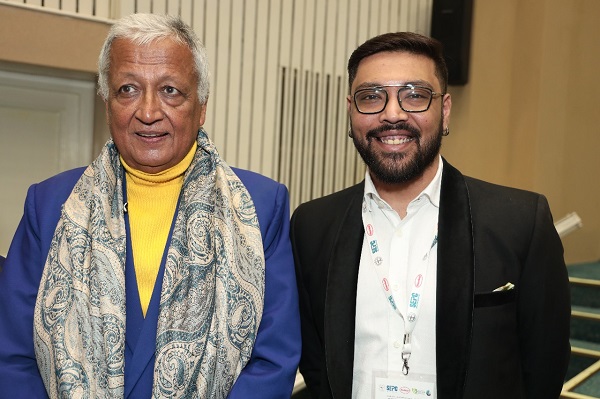The BJP expects to reap dividends from the announcement made on Monday in Assam, Punjab and West Bengal.

The Bharatiya Janata Party (BJP) has fulfilled yet another promise made in its 2019 election manifesto with the notification of the rules for the implementation of the Citizenship Amendment Act (CAA) ahead of the upcoming Lok Sabha polls that will set in motion the process of fast-tracking citizenship rights for persecuted minorities from the neighbourhood.
“The Modi government today notified the Citizenship (Amendment) Rules, 2024. These rules will now enable minorities persecuted on religious grounds in Pakistan, Bangladesh and Afghanistan to acquire citizenship in our nation. With this notification PM Shri @narendramodi Ji has delivered on another commitment and realised the promise of the makers of our constitution to the Hindus, Sikhs, Buddhists, Jains, Parsis and Christians living in those countries,” Union home minister Amit Shah posted on X (formerly Twitter) shortly after the announcement.
The BJP expects to reap dividends from the announcement made on Monday in Assam, Punjab and West Bengal. In West Bengal, where the Matua community counted among Scheduled Castes migrated from Bangladesh mainly because of religious persecution, the government promised the implementation of CAA to placate the community that has been on the fringes of economic and social growth.
The party is also hoping to earn support from Sikhs who migrated to India from Afghanistan and about 500 Hindu families who have arrived in batches from Pakistan and are spread over Delhi and Rajasthan. There is no data on how many families will benefit from the law. The government stated in Parliament in 2019 that 1,595 Pakistani and 391 Afghan migrants of all religions have been granted Indian citizenship between 2016 to 2018.
“Provision for capturing online citizenship data of migrants from minority communities namely Hindu, Sikh, Buddhist, Jain, Parsi and Christian hailing from Afghanistan, Pakistan and Bangladesh was introduced in 2018. As per the available data, 295 Hindus and Sikhs from Afghanistan and Pakistan have been granted Indian Citizenship since then,” Union minister Kiren Rijiju has said in a written reply.
Apart from the commitment to construct a Ram Temple and remove the provisions of Article 370 from Jammu and Kashmir, which gave the erstwhile state special status, the party’s election manifesto spelt out the BJP’s commitment for giving Hindus, Jains, Parsis, Buddhists, Christians and Sikhs, who were persecuted in countries such as Pakistan, Afghanistan and Bangladesh a place in India and the rights to become a citizen. It will benefit who entered India on or before December 31, 2014.
The party has met all three promises, although the pending promise of implementing a uniform civil code is being implemented by separate BJP-ruled states. While the Bill to read down Article 370 was passed in Parliament in August 2019, the consecration of the Ram temple took place on January 25.
“We are committed to the enactment of the Citizenship Amendment Bill for the protection of individuals of religious minority communities from neighbouring countries escaping persecution,” the 2019 manifesto had said.
The party also clarified that it would address the concerns of the locals in the northeastern states that had apprehensions regarding the legislation. There were widespread protests against the provisions of the law after Parliament passed it in December 2019. “We reiterate our commitment to protect the linguistic, cultural and social identity of the people of Northeast,” the manifesto had said.
In the wake of protests from minorities in India that perceived CAA and the proposed national register of citizens (NRC) to impinge on their rights and identity, the BJP led outreach campaigns to assuage fears that the new law will take away their rights.
“The implementation of the CAA was intended to help those minorities who had nowhere else to go, but could count on India as their natural homeland. Take for instance the Hindus in Pakistan and Bangladesh who have been at the receiving end of extremist policies and the Sikhs who had to flee Afghanistan after the Taliban take over,” said a functionary of the Rashtriya Swayamsevak Sangh (RSS), the ideological fount of the ruling BJP that has rallied support for the implementation of the law.
The Vishwa Hindu Parishad, an affiliate of the RSS, said that it will provide all help to refugees to complete the formalities of applying for citizenship. “This is in accord with the Indian tradition of giving refuge, respect and dignity to all those who suffer indignities outside and seek the shelter of Mother India,” its international working president Alok Kumar said.
While states such as West Bengal, Kerala, Madhya Pradesh (then under Congress rule), Punjab, Rajasthan and Tamil Nadu passed resolutions against the Act in 2019, on Monday West Bengal chief minister Mamata Banerjee said the notification of the rules is timed with the impending elections.
“This law was passed in 2020. After multiple extensions in four years, its implementation two to three days before the election announcement shows that it is being done for political reasons,” she said.
The Congress also linked the timing to elections. “It has taken four years and three months for the Modi Government to notify the rules for the Citizenship Amendment Act that was passed by the Parliament in December 2019. The Prime Minister claims that his Government works in a business-like and time-bound manner. The time taken to notify the rules for the CAA is yet another demonstration of the Prime Minister’s blatant lies,” Congressman Jairam Ramesh said in a post on X.
After seeking nine extensions for the notification of rules, the timing right before the elections is “evidently designed to polarise the elections, especially in West Bengal and Assam” and to manage the headlines after the Supreme Court’s severe strictures on the “Electoral Bonds Scandal.”
This article is originally published on Hindustantimes.News!
















Reader Interactions